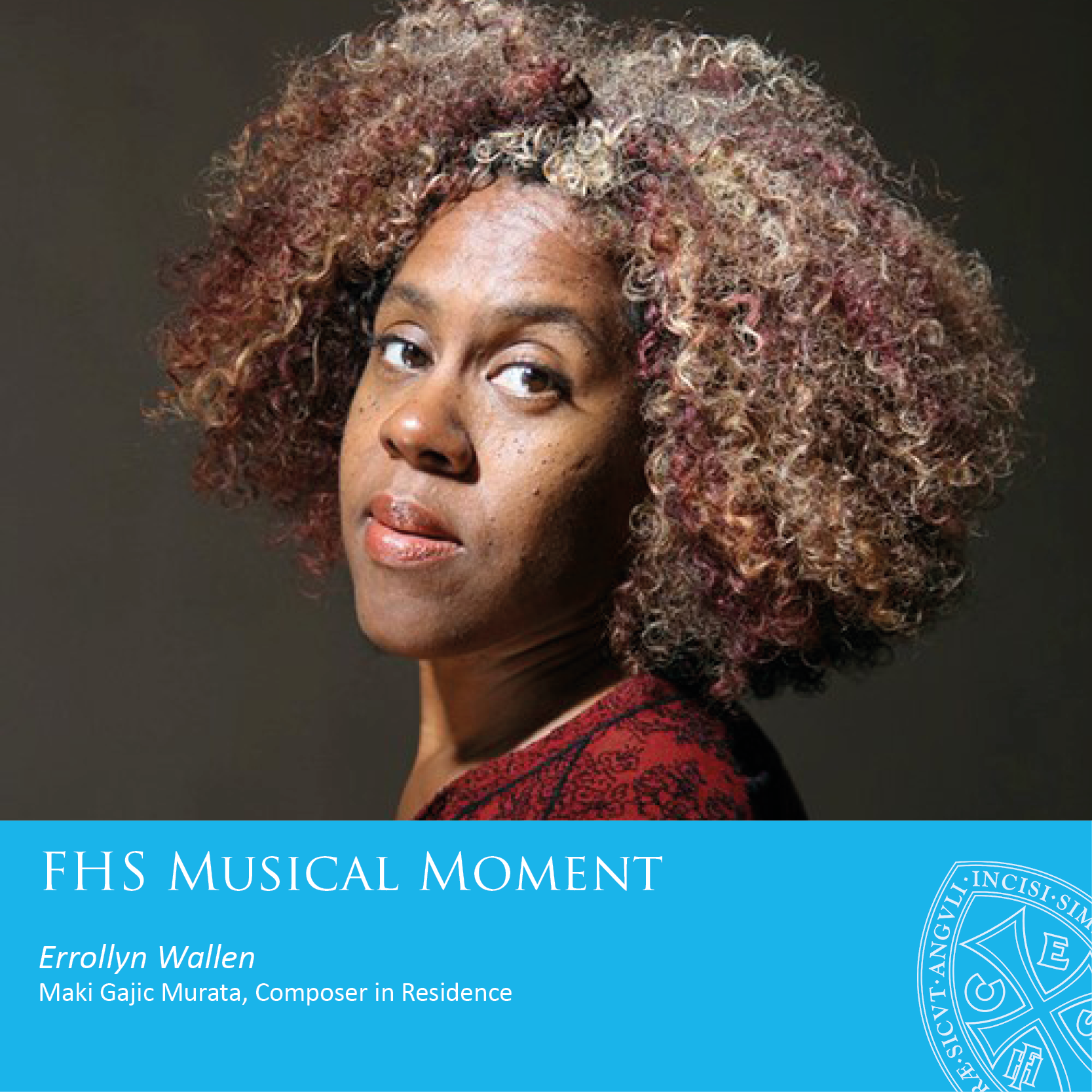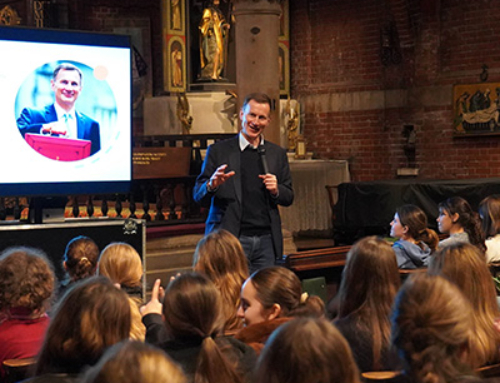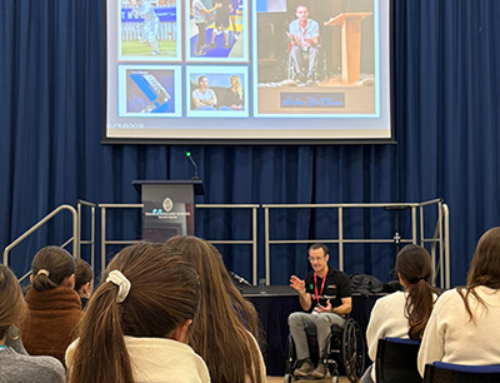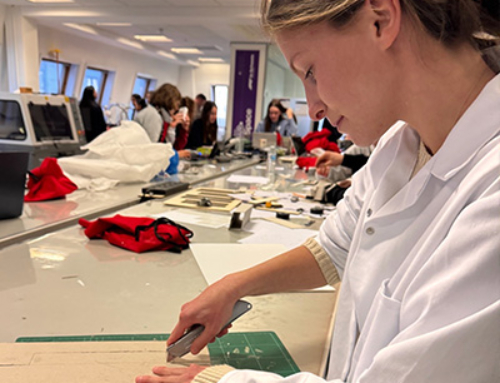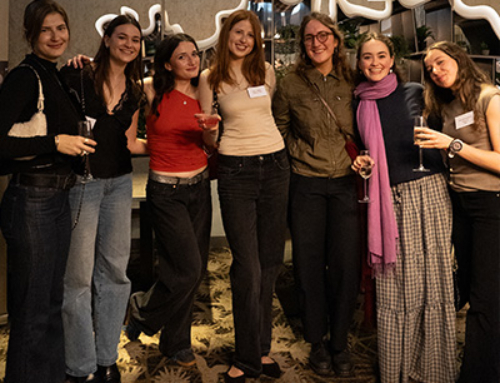This week we are looking at Errollyn Wallen, who is recognised as one of the leading figures of today’s classical music world. I briefly wrote on Errollyn around this time last year, so I will attempt to not repeat myself and shed further light into the music of one of Britain’s most inspirational composers.
Bach, Beethoven and Stravinsky were Errollyn’s early influences as well as blues and jazz. However, Errollyn reassessed her musical identity at a time when new music was undergoing its own crisis. The influence and impact of non-Western forms and popular cultures on styles such as minimalism were changing the musical landscape for young up and coming composers. The effect of this can be heard in early pieces such as Big Business (1988) and The Girl in my Alphabet (1990), the latter quoting from wildly contrasting music such as The Girl from Ipanema as well as Nancarrow’s player piano studies, Dave Grusin’s smooth jazz and Stravinsky’s Rite of Spring.
However, the old world of composition remained closed off to Errollyn as she wasn’t white, male and British. It was made very clear to her that she would never belong to the classical music establishment. Errollyn points out that so little was expected of her due to her heritage, but her career has not so much been about proving others wrong, but rather proving herself right.
Errollyn adopted the a distinctive style that fuses classical and pop elements without using the tired cliches of either genre. ‘Her music can be divided into large-sclae landscape compositions, operas, chamber music and more smorgasbord-like works such as song-cycles and suites.’ An example of the latter is her tongue in cheek song-cycle set to her text Are you Worried about the Rising Cost of Funerals? (Five Simple Songs) (1993), or in Horseplay (1998).
More recently, Errollyn has shown her support for the BLM movement by harmonising and arrange Johnetta Bryant’s song, I Just Wanna Live. She also honours other historical figures such as Nelson Mandela in In Our Lifetime (1990), a piece for baritone and tape. Another piece, Carbon 12 (2008), highlights the struggle of Welsh coalmining communities.
In a career that has spanned 30 years, Errollyn has been a pioneer. She was first black, female composer to have a piece performed at the BBC Proms in 1998, and the first to have been commissioned by the Royal Opera House. In 2013, she became the first woman to receive the Ivor Novello Award for Classical Music. She has also been recently appointed as Visiting Professor of Composition at the Royal Conservatoire of Scotland, which also marks a significant first.
These notable firsts do not come without their problems and are paired with the question: what really comes first? The composer? Their race or ethnicity? Their gender? While it is incredibly important to acknowledge these factors, it is easy to lose sight of the most important thing: music comes first, not the people. Music does not discriminate against ethnicity, gender or religion, it simply just is. What do you think? Food for thought!
Maki Gajic Murata, Composer in Residence


